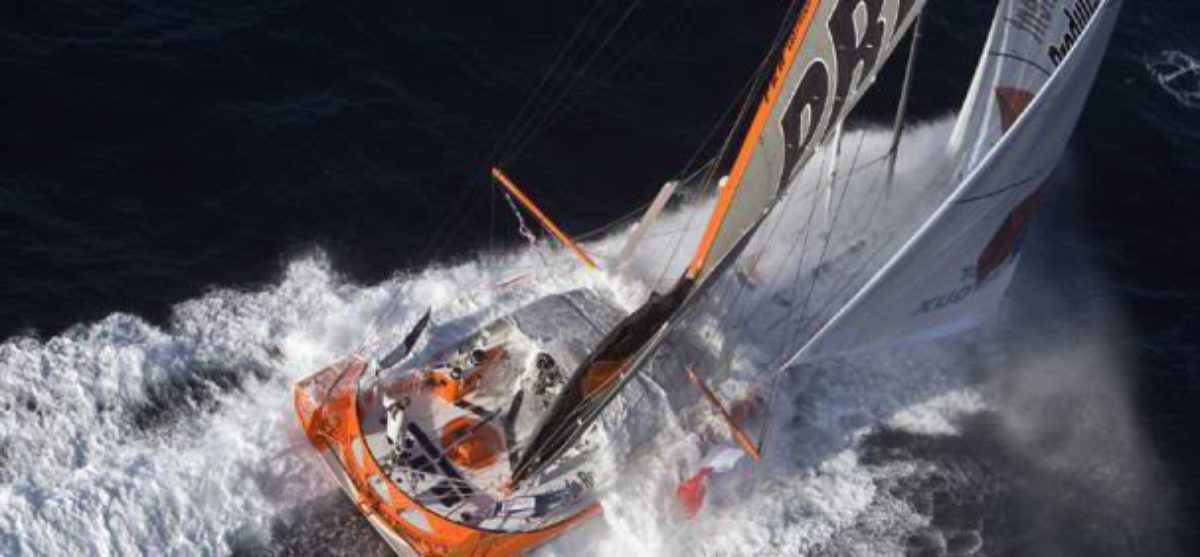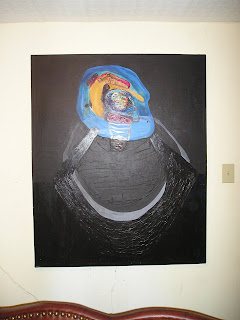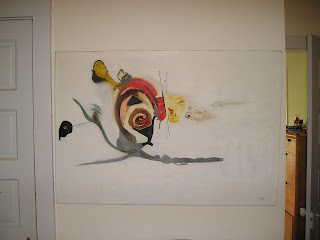Look closely at where we come from. We are on a journey. We need tools, devices. Take from the past those good procedures as instruction from a revered teacher. Use them carefully, and when the present generation gives them up to the future our children will enjoy and appreciate what we did. Our acts should leave a residue, an accretion, on the gemstone of human history that gives clarity and brilliance. They will, if we seek knowledge, love, truth, and beauty, and do good deeds according to standard cultural norms.
Besides the great lord who is omnipresent there are everywhere smaller lords too. Some are tiny, infinitely small.
For whatever activity undertaken, there is a spirit for that doing and that spirit in time gets a life of its own, gets self awareness as it goes on. These acts eventually become forms of worship.
Knowingly or unknowingly our acts, ritualized and regularly played out, constitute worship, praise of spirits. The meditator eventually becomes the object of meditation.* These spirits range from the infinitely small to the infinitely large, from the most terrible evil to the most beautiful good, and so on.
Doing good enhances goodness. Goodness is the reservoir drawn from when acts of kindness are done. And it is thereby increased. These acts are like accretions. Charity grows by use. Doing right this time makes it easier the next and so forth.
Worship must have been discovered not invented.
Where the concentration is, there is the persistent, the lasting, the permanent. That to which attention goes is that which returns. In a sense to attend to something is to put consciousness into it, to bring it to life, to self awareness.
If born a warrior one concentrates on being such. One works at the tasks of warriorhood, makes the craft a permanent feature. So the warrior lives on generation after generation, life after life. The consequence is that the craft gets more efficient as time goes on. The power of war machines grow. The display of the hardware more and more glorious, awesome. There is no end to it except maybe annihilation. Probably the essence of the warrior is the death wish. The wish to be free.
*From the Bhagavad-Gita “Worshipers of spirits and goblins go to spirits and goblins, worshipers of the departed fathers go there, worshipers of me come to me.” (Krsna)


